Address
304 North Cardinal
St. Dorchester Center, MA 02124
Work Hours
Monday to Friday: 7AM - 7PM
Weekend: 10AM - 5PM
Address
304 North Cardinal
St. Dorchester Center, MA 02124
Work Hours
Monday to Friday: 7AM - 7PM
Weekend: 10AM - 5PM
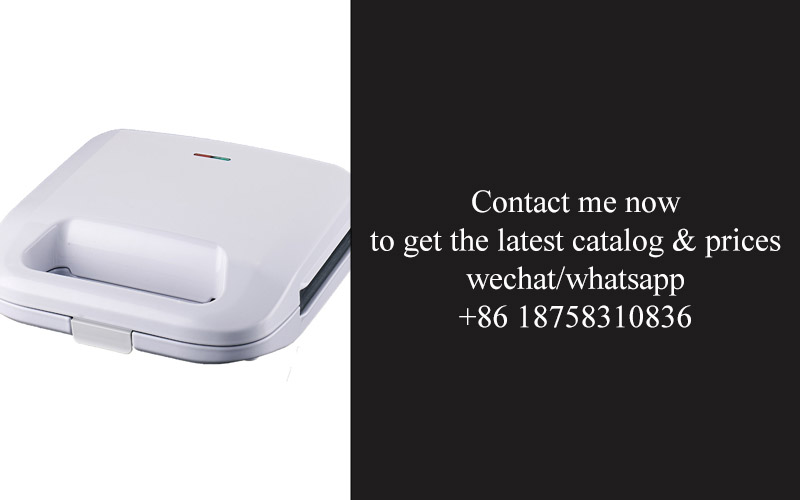
Navigating the world of air fryer factories can be daunting, especially when you’re on the hunt for a reliable partner. With countless options out there, ensuring you choose the right one for your business is crucial. From assessing their quality control to understanding their product range and customization capabilities, the process involves careful consideration. And once you’ve made your selection, maintaining a strong relationship post-order is key to long-term success. Let’s delve into the intricacies of this journey, starting with the critical step of monitoring performance after placing your order.
To delve into the intricate world of air fryer manufacturing, a thorough market research is paramount. This process involves a comprehensive exploration of the industry’s current trends, consumer preferences, and the competitive landscape. Here’s what you need to consider:
Identify Key Industry Trends: Stay updated with the latest innovations in air fryer technology. Look for advancements in materials, design, and functionality that are gaining traction among consumers. Understanding these trends will help you anticipate market demands and identify potential gaps in the current product offerings.
Conduct Competitor Analysis: Examine the products and strategies of leading air fryer manufacturers. This includes analyzing their pricing models, distribution channels, and marketing tactics. By doing so, you can gauge their strengths and weaknesses, which can inform your own business decisions and help you find a factory that aligns with your goals.
Analyze Consumer Behavior: Dive into consumer research reports and surveys to understand what customers are looking for in air fryers. Consider factors such as energy efficiency, ease of use, health benefits, and price points. This insight is crucial for selecting a factory that can produce air fryers that resonate with your target market.
Explore Market Segmentation: The air fryer market is diverse, with different segments catering to various consumer needs. Segment your market based on demographics, psychographics, and geographic locations. This segmentation will help you narrow down your search to factories that specialize in producing air fryers for specific market segments.
Assess Market Size and Growth: Evaluate the overall size of the air fryer market and its projected growth rate. This data will help you determine the potential for your business and guide you in selecting a factory that can scale production to meet market demands.
Track Distribution Channels: Understand how air fryers are distributed to consumers. This includes direct-to-consumer sales, retail partnerships, and online platforms. Knowing the distribution channels will help you choose a factory that has experience in the methods you plan to use.
Monitor Regulatory Compliance: Be aware of any industry regulations or standards that pertain to air fryer manufacturing. This includes safety certifications and environmental compliance. Select a factory that is well-versed in these regulations to ensure your products meet all necessary requirements.
Analyze Supply Chain Dynamics: Look at the supply chain of the air fryer market. Identify key suppliers and assess their reliability and quality. A factory with a strong supply chain network can ensure a steady supply of high-quality components for your products.
Consider Market Entry Strategies: If you are new to the market, consider how you plan to enter it. This might involve exclusive partnerships, licensing agreements, or direct importation. Your chosen factory should be able to support your entry strategy with the right production capabilities and market knowledge.
Stay Informed on Technological Developments: Keep abreast of new technologies that could impact the air fryer market. This includes advancements in cooking technology, materials science, and energy efficiency. A factory that invests in research and development will be better positioned to produce cutting-edge air fryer products.
By meticulously researching the market, you can gain a comprehensive understanding of the air fryer industry. This knowledge will empower you to make informed decisions when selecting a factory that can meet your business objectives and deliver products that meet the needs of your customers.

To ensure you’re partnering with a reliable air fryer factory, verifying their reputation is paramount. Here’s how to delve into the details:
By thoroughly investigating these aspects, you can gain a comprehensive understanding of the factory’s reputation and its suitability for your business needs. Remember, a reliable air fryer factory is not just about the quality of the products but also about the integrity and trustworthiness of the company behind them.
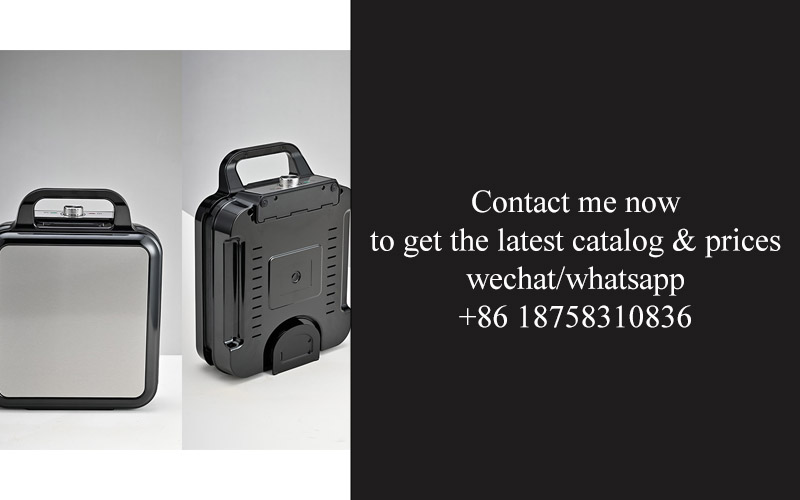
Navigating the intricate landscape of quality control in an air fryer factory can be daunting, but it’s a crucial step in ensuring that the products you source meet the highest standards. Here’s what you should look out for:
Certifications and Standards: Begin by checking if the factory holds relevant certifications such as ISO 9001, which is a globally recognized quality management system. These certifications are a testament to the factory’s adherence to stringent quality standards and processes.
Inspection Processes: A reliable factory will have a robust inspection process in place. This includes pre-production checks to ensure that materials are up to standard, in-process inspections to monitor the manufacturing process, and final inspections before the product is packaged and shipped. Ask about their inspection protocols and how they ensure consistency in quality.
Material Sourcing: The quality of the air fryer starts with the materials used. Inquire about the sources of their components and whether they use high-quality, durable materials. Look for information on the suppliers and whether they have their own quality control measures.
Testing Facilities: A factory that takes quality seriously will have its own testing facilities. These can range from basic functionality tests to more complex durability and safety assessments. Ask about the types of tests they perform and how they document the results.
Continuous Improvement: Quality control is not a one-time event; it’s an ongoing process. A good factory will have a system in place for continuous improvement. This could involve regular reviews of processes, feedback from customers, and the implementation of new technologies or methods to enhance quality.
Employee Training: The skill level of the factory’s employees can significantly impact the quality of the final product. Find out about the training programs in place for their workers. Are they regularly updated on the latest manufacturing techniques and safety protocols?
Feedback Loop: A reliable factory will have a system for collecting and responding to customer feedback. This can provide valuable insights into the performance of the air fryers in real-world conditions. Look for evidence of how the factory uses this feedback to make improvements.
Supplier Relationships: The quality of the air fryers is also influenced by the factories’ relationships with their suppliers. A factory that has strong, long-standing relationships with trusted suppliers is more likely to maintain high standards. Ask about their supplier selection criteria and how they manage supplier performance.
Compliance with Regulations: Ensure that the factory complies with all relevant industry regulations and standards, both locally and internationally. This includes safety standards, environmental regulations, and any specific requirements for air fryers in your target market.
On-Site Audits: If possible, conduct an on-site audit of the factory. This will allow you to see the quality control processes in action and get a firsthand look at the factory’s operations. Pay attention to the cleanliness, organization, and the overall working environment.
Warranty and After-Sales Service: A factory that stands behind its products will offer a comprehensive warranty and after-sales service. This indicates a level of confidence in the quality of their air fryers. Discuss the warranty terms and the support you can expect post-purchase.
Case Studies and Testimonials: Look for case studies or testimonials from other clients who have worked with the factory. These can provide insights into the factory’s ability to deliver high-quality air fryers and their customer satisfaction levels.
By thoroughly assessing these aspects of a factory’s quality control, you can gain a clearer picture of whether they are a reliable partner for your air fryer needs. Remember, a commitment to quality is not just about meeting standards; it’s about building trust and ensuring that your customers receive a product that exceeds their expectations.
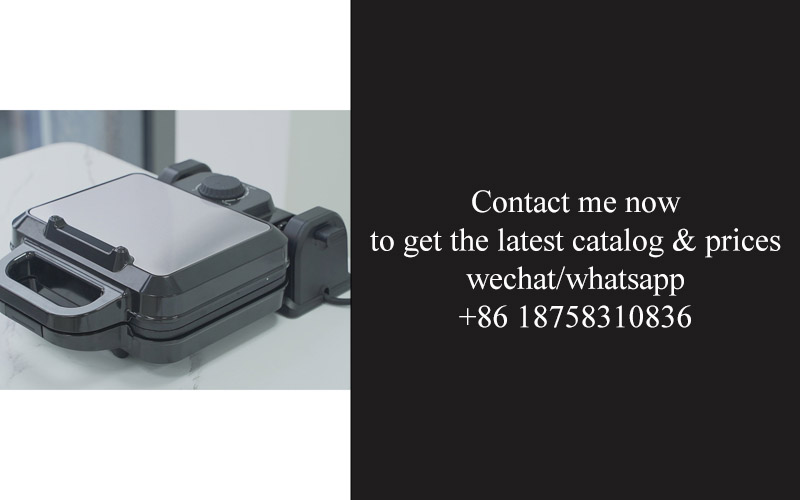
Understanding the breadth of an air fryer factory’s product range is crucial for ensuring that they can meet your specific needs. Here’s what to look for when evaluating the variety and customization options offered by a potential supplier:
By thoroughly evaluating the product range and customization options, you can ensure that the air fryer factory you choose not only meets your current needs but also has the potential to grow with you and adapt to future market demands.
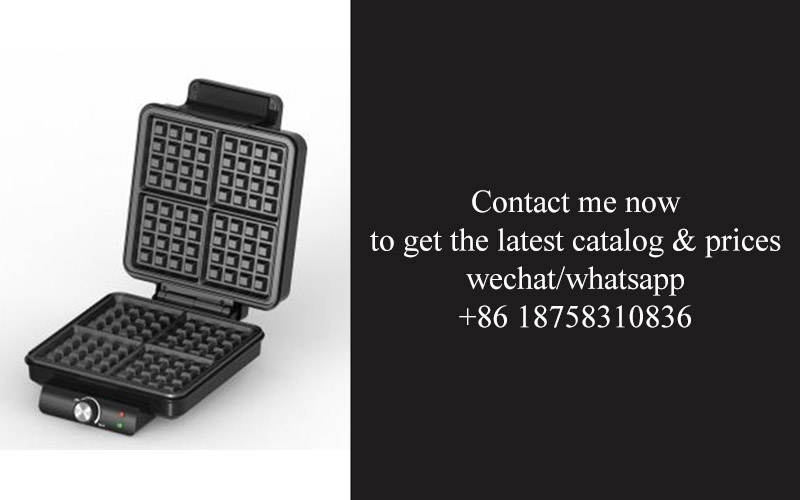
Navigating the complexities of logistics and delivery is a critical aspect when sourcing from an air fryer factory. Here’s a closer look at the factors to consider:
Understanding shipping policies is key. Look into how the factory handles international shipments. Ask about their preferred shipping carriers and whether they offer multiple options to suit different budgets and timelines. Transparency in their shipping methods can prevent surprises down the line.
Delivery times are not just about when the product arrives; they’re about when it’s ready for use. Inquire about lead times from the moment you place an order to when the product is dispatched. Consider the production lead time, especially if you’re dealing with a custom order or a new model.
customs clearance is a critical step in the process. Find out how the factory manages customs documentation and any potential duties or taxes. A reliable factory should be able to provide clear information on the costs and responsibilities associated with importing their products into your country.
The condition of the product upon arrival is paramount. Ask about their packaging process and how they ensure that the air fryers are protected during transit. Reputable factories will use sturdy materials and proper cushioning to safeguard the goods against damage.
Consider the environmental impact of shipping. Some factories might offer eco-friendly packaging options or use more sustainable shipping methods. If this is important to your business, it’s worth inquiring about these practices.
Insurance is a must when dealing with international shipments. Ensure that the factory offers insurance coverage for the goods during transit. This will protect you against losses or damages that may occur en route.
Reputation matters when it comes to logistics and delivery. Look for reviews or testimonials from other clients who have worked with the factory. A history of on-time deliveries and satisfied customers can be a strong indicator of their reliability.
Communication is key during the logistics process. A factory that maintains open lines of communication regarding tracking, delays, and any issues that may arise is more likely to be a reliable partner. Ask how they handle updates and whether they provide tracking information that is easily accessible to you.
Finally, consider the cost of logistics and delivery. While cost should not be the sole determining factor, it’s important to understand the full cost of importing products from the factory. This includes shipping fees, insurance, customs duties, and any additional charges that might arise. Transparent pricing will help you budget accurately and avoid unexpected expenses.
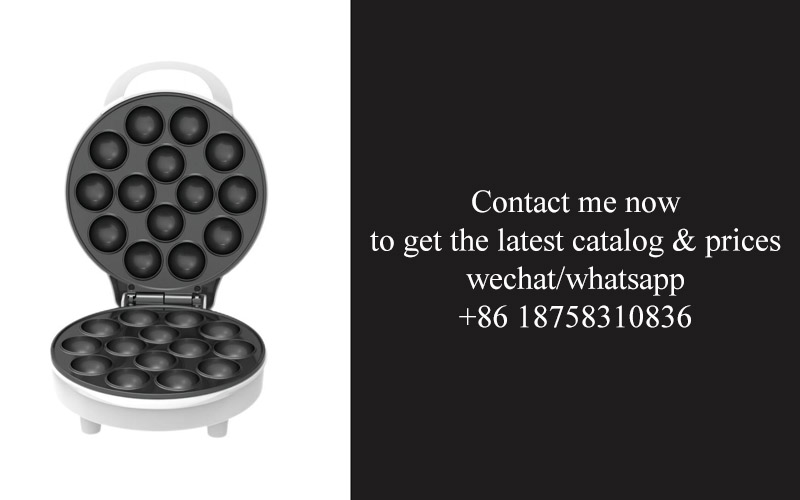
Navigating the complexities of international trade often requires a solid foundation in communication. When dealing with an air fryer factory, establishing effective communication channels is pivotal to ensure a smooth and successful partnership. Here’s how to go about it:
Understanding the Importance of Language- Language barriers can lead to misunderstandings and delays. Ensure that your primary language is understood by the factory’s staff or that they have interpreters available.- Consider the cultural nuances that might affect communication. What might be a straightforward request in one language could be misinterpreted in another.
Regular and Transparent Updates- Establish a routine for regular updates on the status of your orders. This could be daily, weekly, or bi-weekly, depending on the size and urgency of the order.- Make sure that these updates are transparent and detailed, covering production milestones, potential delays, and any quality control issues.
Utilizing Multiple Communication Methods- Mix and match communication methods to suit different situations. Email is great for formal correspondence, but instant messaging or video calls can offer a more immediate connection.- Use project management tools that allow for file sharing, task assignments, and real-time communication to streamline the process.
Clear and Concise Communication- Be clear and concise in your messages to avoid confusion. Avoid jargon that might not be understood by everyone on the other end.- When discussing specifications or changes, provide clear documentation or examples to ensure the factory understands exactly what is required.
Conflict Resolution Skills- Prepare to handle any conflicts that may arise. Have a clear process for addressing and resolving issues promptly.- Maintain a professional demeanor and focus on finding a solution rather than placing blame.
Building Relationships- Communication is not just about conveying information; it’s also about building relationships.- Take the time to get to know the people you’re working with. Understanding their background and culture can help in navigating potential misunderstandings.
Feedback Loops- Implement feedback loops to continuously improve communication. This could involve periodic surveys or direct discussions about the effectiveness of the communication channels.- Be open to feedback from the factory and use it to make adjustments to your communication strategy.
Legal and Contractual Clarity- Ensure that all legal and contractual aspects are clearly communicated and understood by both parties.- Keep contracts and legal documents accessible and review them together if necessary to clarify any points of confusion.
Long-Term Planning- Consider the long-term implications of your communication strategy. How will you handle ongoing orders, product updates, and potential future collaborations?- Establish a framework that can evolve with your business needs and the changes in the market.
By focusing on these aspects, you can create a robust communication framework with your air fryer factory that not only ensures the smooth flow of information but also fosters a strong, collaborative relationship.

Navigating through the complexities of a business agreement, it’s crucial to ensure that the contract you finalize with an air fryer factory is comprehensive and protects your interests. Here’s how to meticulously go about it:
Understanding the Contract Details– Scrutinize the terms and conditions meticulously. Look for clauses that cover product specifications, delivery schedules, and payment terms.- Ensure that the contract specifies the quality standards that the factory must adhere to and outlines any certifications or testing procedures required.
Negotiating Key Terms– Don’t hesitate to negotiate terms that are not favorable to you. This could include pricing, delivery deadlines, or warranty periods.- Be prepared to justify your requests with data or industry standards to strengthen your negotiation stance.
Reviewing Legal Jargon– If the contract is laden with legal jargon, take the time to understand what each clause means. Don’t rush through just to get the contract signed.- If necessary, seek the advice of a legal professional who can interpret the contract and ensure that all your concerns are addressed.
Ensuring Clear and Concise Language– The contract should be written in clear, concise language that is easy to understand. Avoid ambiguity in any of the clauses.- If there are any grey areas or terms that could be misconstrued, request that they be rephrased to avoid potential misunderstandings.
Incorporating Contingency Clauses– Include clauses that address unforeseen circumstances, such as force majeure events that might affect the production or delivery.- These clauses should outline the responsibilities and actions that will be taken in the event of such occurrences.
Checking for Non-Compete and Confidentiality Agreements– If the contract includes non-compete or confidentiality clauses, ensure that they are reasonable and do not overly restrict your business operations.- Non-compete clauses should have a reasonable geographic and time limit, and confidentiality terms should protect sensitive information without unduly limiting your access to it.
Verifying Intellectual Property Rights– Make sure that the contract clearly states who owns the intellectual property rights of the products or any new designs or technologies developed during the collaboration.- This is particularly important if your business involves proprietary technology or if you plan to introduce new products that might infringe on existing patents.
Reviewing Warranty and Liability Provisions– The contract should include clear warranty terms, specifying what is covered and for how long.- Liability provisions should outline the factory’s responsibilities in the event of product defects or other issues that may arise.
Establishing Dispute Resolution Mechanisms– Include a clause that outlines the process for resolving disputes, such as arbitration or mediation.- This ensures that there is a structured approach to resolving any disagreements that may arise between you and the factory.
Finalizing the Contract– Once you are satisfied with all the terms and conditions, take the time to read through the entire contract one more time.- If everything is in order, you can then sign the contract, ensuring that both parties have a clear understanding of the agreement.
Documenting the Signing Process– Keep copies of the signed contract and any additional documents related to the agreement.- It’s also wise to have the factory sign a receipt acknowledging the receipt of the contract and any other documents.
Post-Signing Follow-Up– After the contract is signed, schedule a follow-up meeting to discuss any outstanding details or to address any immediate concerns.- This will help to ensure that the relationship with the factory starts on a positive note and that both parties are aligned in their expectations.
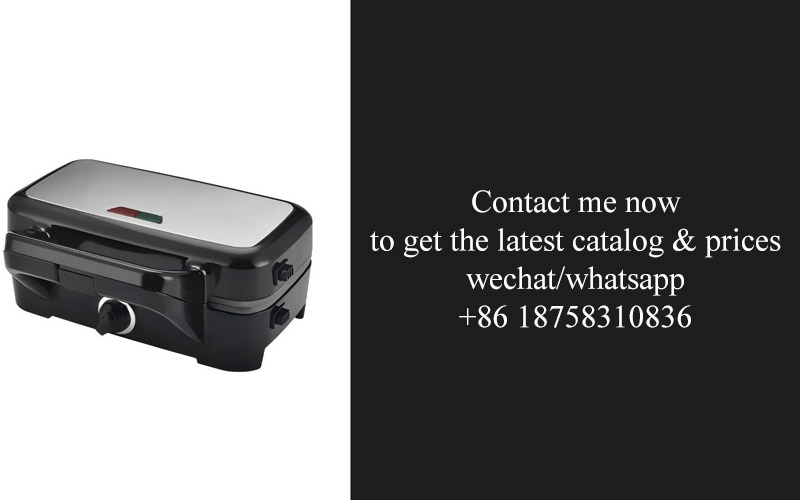
Navigating through the production and delivery process post-order is a critical step in ensuring that your expectations are met and that your business relationship with the air fryer factory remains strong. Here’s what you need to keep an eye on:
Keep tabs on production timelines. Regularly check in with the factory to confirm that the production schedule aligns with the agreed-upon delivery date. Look for any delays or bottlenecks that might affect the timeline, and discuss potential solutions with the factory management.
Maintain open communication. Regular updates are essential to stay informed about the status of your order. Whether through emails, phone calls, or video conferences, ensure that you have a clear line of communication with the factory. This allows for quick resolution of any issues that may arise.
Inspect product quality. As the order progresses, request samples or images to ensure that the products meet the quality standards you’ve discussed. Look for any inconsistencies or defects and address them promptly with the factory.
Evaluate packaging and branding. If branding is a part of your agreement, verify that the packaging and branding are being applied correctly and consistently. This is especially important if your brand identity is a significant factor in your product’s appeal.
Track shipping progress. Once the products are ready for shipment, monitor the logistics closely. Keep track of the cargo, its destination, and the expected delivery date. Use shipping tracking tools to stay updated and anticipate any potential delays.
Collect feedback from customers. Once the products reach your customers, gather feedback on their performance. This can provide insights into any issues that might have been missed during production or quality control. Share this feedback with the factory for continuous improvement.
Review financial and legal commitments. Ensure that all financial obligations are met, including payment schedules and any penalties for late delivery. Also, verify that all legal aspects of the contract, such as warranties and return policies, are being adhered to.
Plan for potential issues. Anticipate and prepare for any potential problems that might arise, such as product defects, shipping delays, or customs issues. Have contingency plans in place to address these situations quickly and efficiently.
Stay proactive. Don’t wait for issues to escalate; be proactive in addressing any concerns that come up. This includes regular check-ins with the factory, as well as staying in touch with your own team to ensure that everyone is on the same page.
Document everything. Keep detailed records of all communications, changes to the order, and any issues that arise. This documentation will be invaluable for resolving disputes, improving future orders, and maintaining a professional relationship with the factory.
By maintaining a vigilant eye on these aspects post-order, you can ensure that your partnership with the air fryer factory is not only successful but also sustainable, leading to long-term benefits for your business.